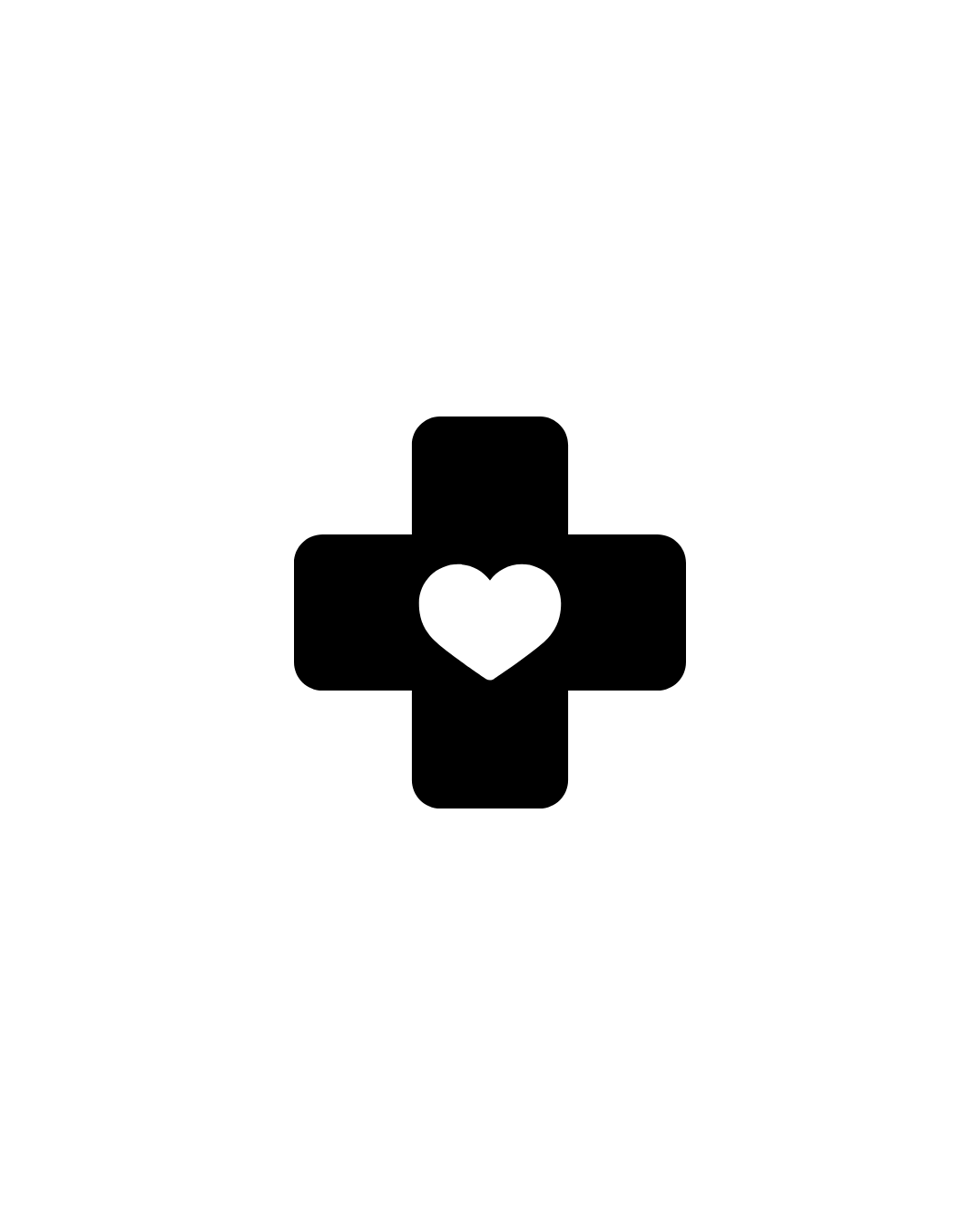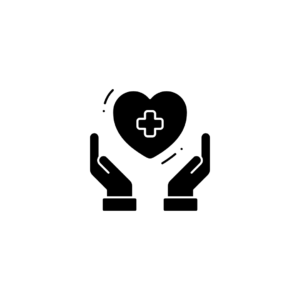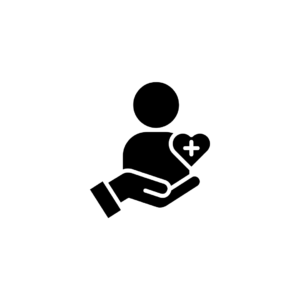Description
The Diploma in Vocational Education (D.Voc) in Emergency Medical Technician – Advanced is designed to provide students with the advanced skills and knowledge necessary for effective pre-hospital emergency care. This program builds upon the foundational skills learned in the Basic EMT course, preparing graduates for more complex situations in medical emergencies and trauma care.
Course Details:
Duration: Typically 1 to 2 years, with some institutions offering shorter full-time courses.
Eligibility: Completion of a D.Voc in EMT – Basic or an equivalent qualification, plus a minimum age requirement (often around 18).
Mode of Study: Usually involves a combination of theoretical classes and practical, hands-on training.
Curriculum:
The curriculum generally covers the following key areas:
1. Advanced Medical Knowledge
Advanced Anatomy and Physiology:
In-depth study of human body systems, focusing on systems relevant to emergencies.
Pathophysiology:
Understanding diseases and conditions affecting patients in emergencies.
2. Advanced Patient Assessment
Detailed Patient History and Assessment:
Techniques for gathering comprehensive patient histories.
Advanced physical examination techniques.
3. Advanced Emergency Care Skills:
Advanced Airway Management:
Skills such as endotracheal intubation and bag-valve-mask ventilation techniques.
Pharmacology:
Understanding common medications and their administration routes, dosages, and effects.
Cardiac Emergencies:
Management protocols for cardiac conditions, including use of a cardiac monitor and defibrillator.
4. Trauma and Medical Emergencies:
Comprehensive Trauma Care:
Techniques for managing multiple trauma victims, including trauma triage and stabilization.
Obstetric and Pediatric Emergencies:
Specialized care approaches for delivering babies and managing pediatric emergencies.
5. Critical Care Transport:
Roles and Responsibilities of an Advanced EMT:
Protocols for patient transport during critical care scenarios, including inter-facility transfers.
Advanced Resuscitation Techniques:
Advanced techniques for managing respiratory and cardiac emergencies, including advanced life support (ALS).
6. Legal and Ethical Considerations:
Advanced Legal Knowledge in EMS:
In-depth discussion of laws and ethics impacting emergency medical services (e.g., consent, advanced directives).
Quality Improvement in EMS:
Understanding the importance of outcomes measurement and quality improvement initiatives in EMS systems.
7. Practical Training:
In-Hospital Clinical Rotations:
Additional hours in emergency departments to gain hands-on experience managing complex cases.
Field Internships:
Real-world experience paired with experienced paramedics or advanced EMTs in ambulances.
Assessment:
The assessment methods typically include:
Practical examinations to demonstrate advanced skills.
Written tests evaluating theoretical knowledge.
Performance assessments during clinical placements.
Career Opportunities:
Graduates of the D.Voc in Emergency Medical Technician – Advanced can explore several impactful career paths, including:
Advanced Emergency Medical Technician (AEMT): Providing advanced life support care and medication administration in emergencies.
Paramedic: Further education may allow graduates to become licensed paramedics, who offer comprehensive emergency medical services.
Emergency Room Technician: Assisting in emergency departments with patient care and procedures.
Critical Care Transport: Working on specialized transport units and air ambulances to provide care during patient relocations.
Instructors or Trainers: After gaining experience, some graduates may choose to teach upcoming EMT students.
Healthcare Management roles within EMS organizations, focusing on policies, training, and operations.
This advanced diploma is designed for those who wish to elevate their careers in emergency medical services, providing essential skills for critical situations. If you have more specific inquiries about the program, let me know!









